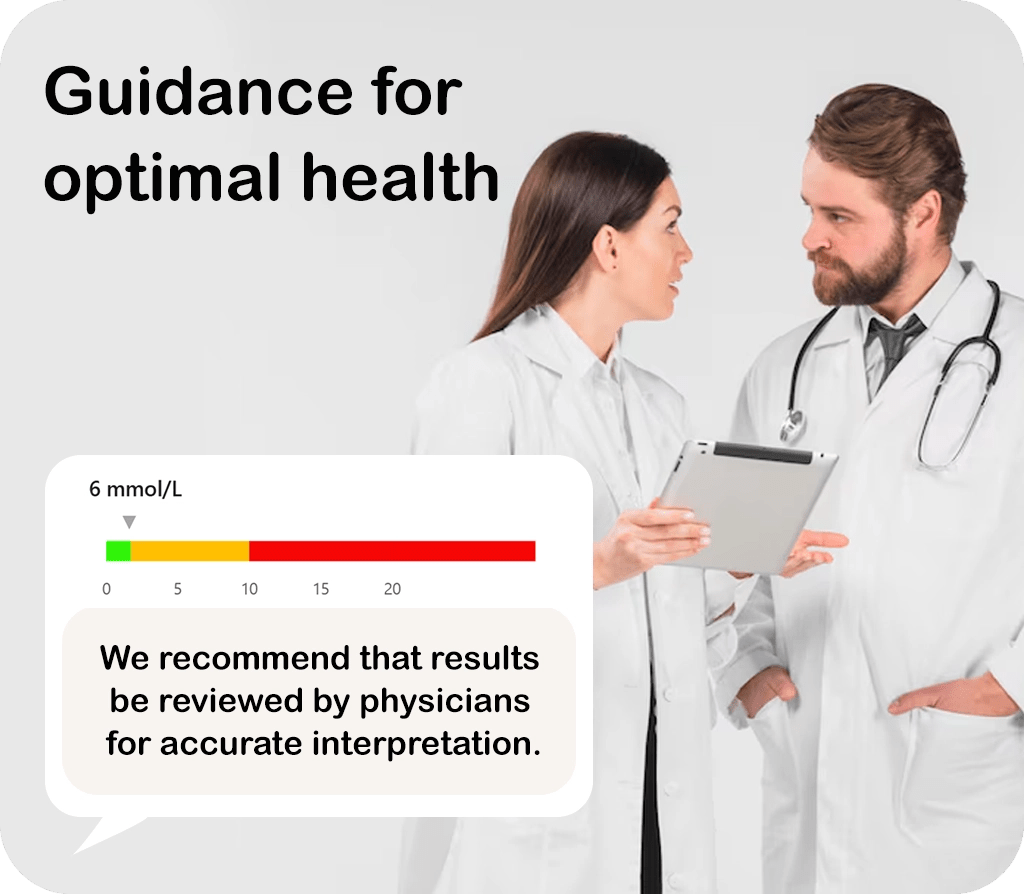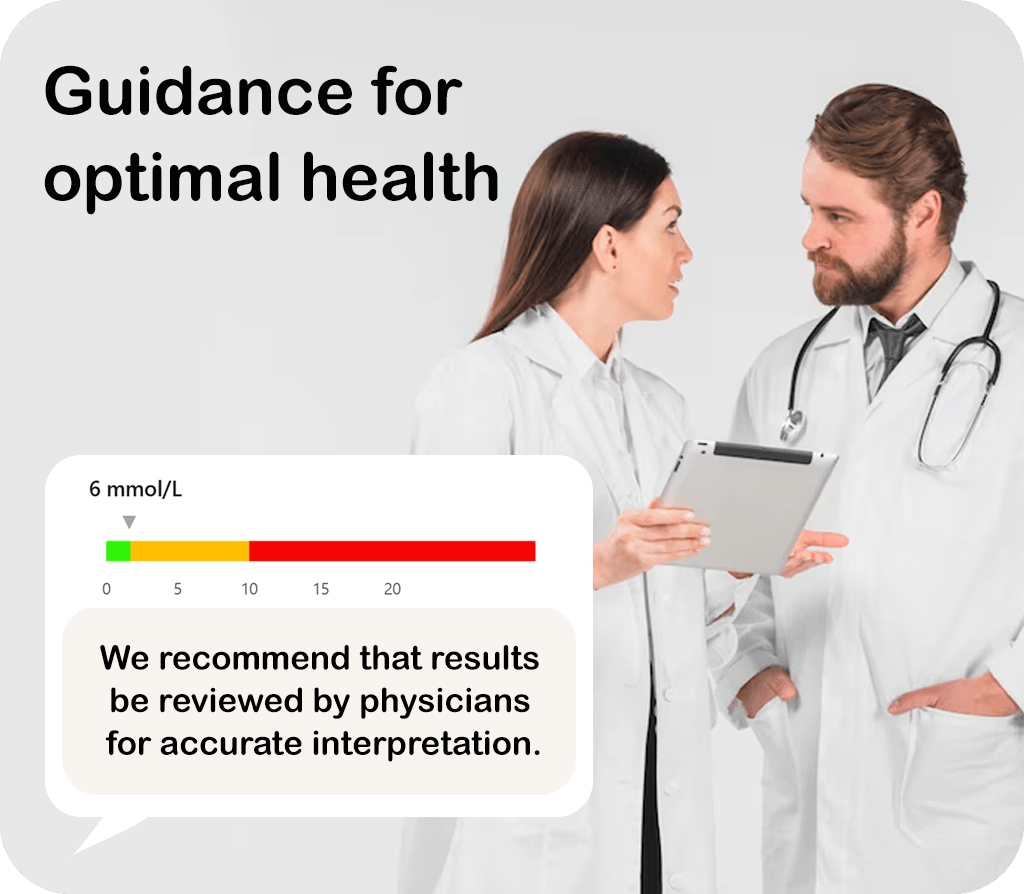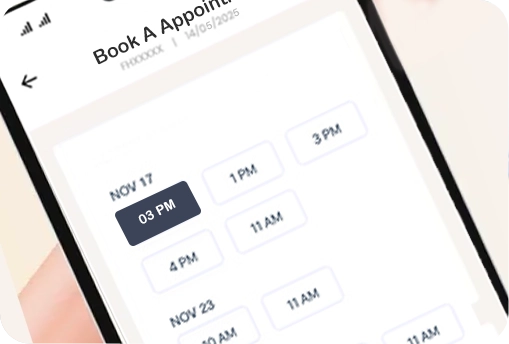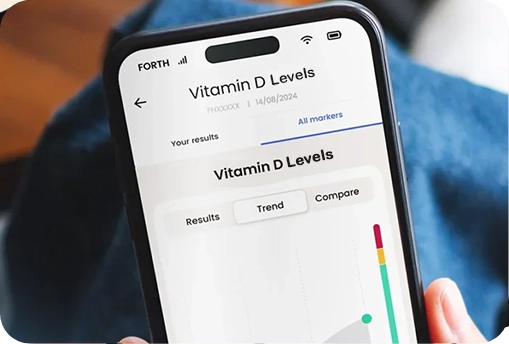
- Endomysial & tTG-IgA are the most accurate indicators for diagnosing coeliac disease.
- Gliadin IgG may show gluten sensitivity, especially in IgA-deficient individuals.
- Total IgA is included to ensure results are accurate (as IgA deficiency can skew outcomes).
















